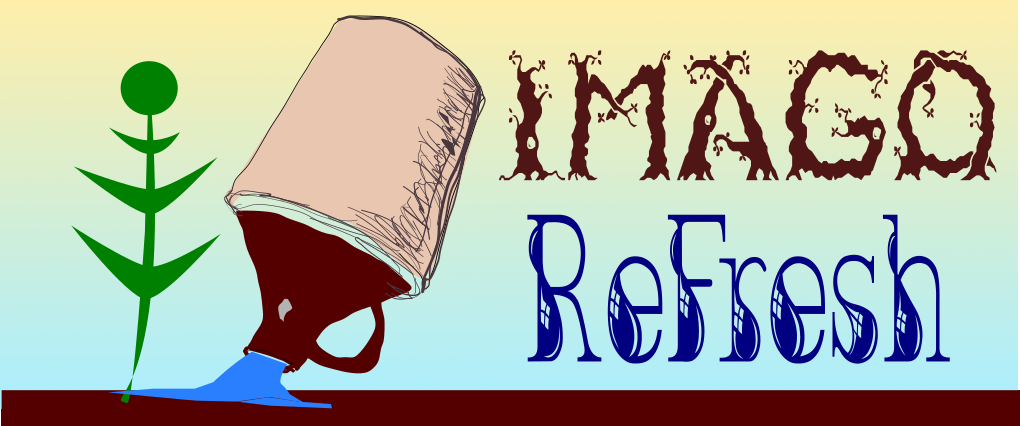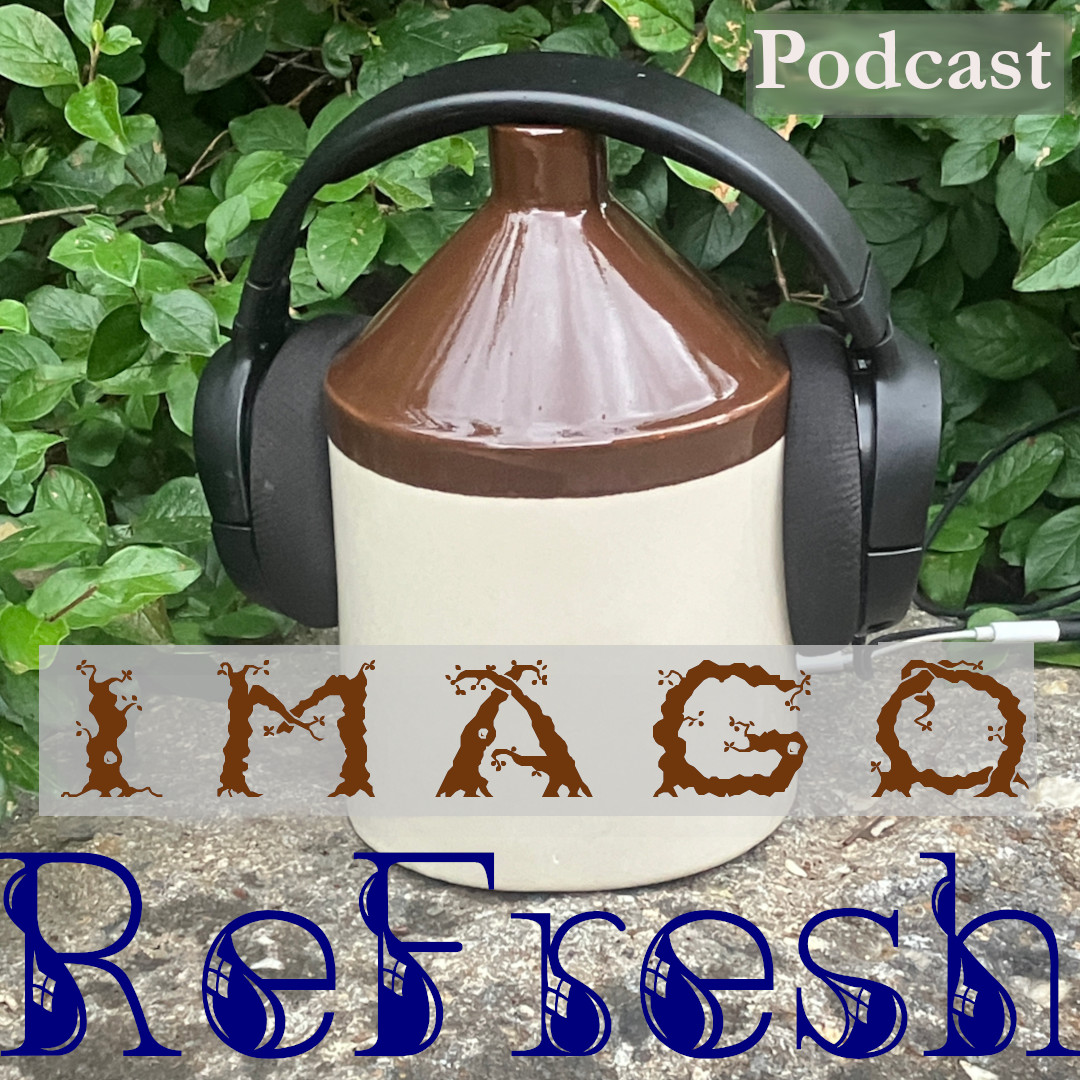Depth Psychology for addiction recovery
The somewhat overlooked niche of Depth Psychology might have something unique to offer the person addicted to porn. There are many sub branches to the field of mental health like behavioral analysis, cognitive behavior therapy, mindfulness, abnormal psychology, and social psychology to just name a few. In a recent web search for “branches of psychology” sites like Wikipedia and verywellmind.com fail to even list Depth Psychology in their description for psychology branches. Many educational programs also don’t include it in their syllabus. So, even your well-intended and well-trained psychotherapist potentially lacks a background in Depth Psychology. Unfortunately, this underdog of the mental health world, might be just what you need to move to a life beyond addictive cycles.

Addiction recovery often includes a component of spirituality, deeming it necessary to make any sort of movement in the direction of life balance. It seems to me that without an acknowledgement of something larger than yourself there is no reason to change. In other words, if you think the world revolves around you then something like addiction should be completely within your control. However, when you can NOT stop the addictive behavior there is a contradiction to this sense of being at the center of the universe. You are OUT of control. In this moment of returning to the addictive behavior there is can be a strong feeling of chaos. It is like the forces of addiction have taken hold of your actions and you dance around the addiction stage like a puppet.
Why can’t you just stop?
Possibly because there are unknown forces larger than yourself that are playing themselves out.
This is where the niche of Depth Psychology may step in and offer its lending hand. From the perspective of Depth Psychology, the unknown psyche is central to who we are. Sure, there are the organized known parts of the mind that are often utilized in fields like abnormal psychology. There certainly is value in the rational mind and how it works. But what about the chaotic mysterious parts of the mind? Why does everyone seem to encounter dreams, fantasies, and coincidences? Where do those come into the bigger picture of what is happening? It seems to be the case that the less you pay attention to the unknown parts the more the unconscious demands attention. Attempts to be in complete control of thoughts and feelings leads to the chaotic mystery pushing us out of control.
Once you accept that there is an unknowable energy larger than any of us at the center of each of us, addictive habits can start to shift. Depth psychology offer us a path into this unknown and a potential avenue toward recovery.
This post was written and edited by the human Clark Williamson. There was NO use of artificial inteligence in the making of this content. For more on our policy and views on ai, see imagorefresh.com/techpolicy


No responses yet